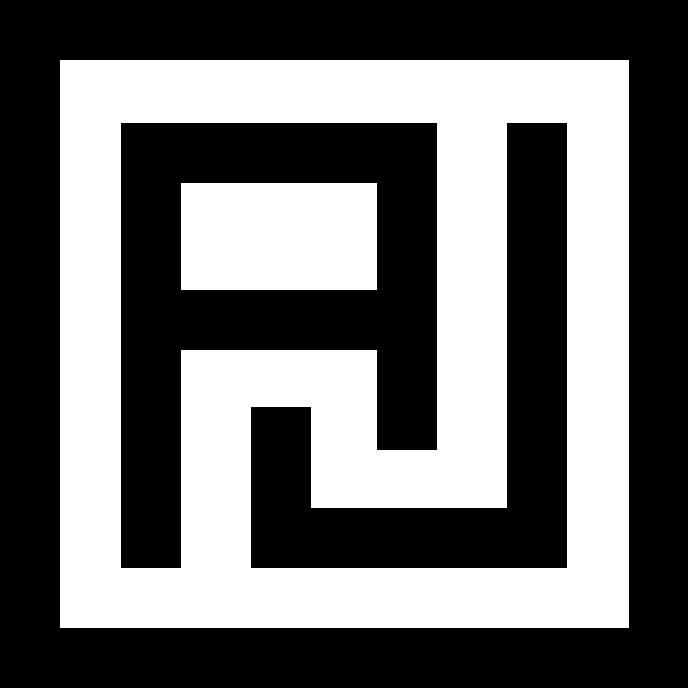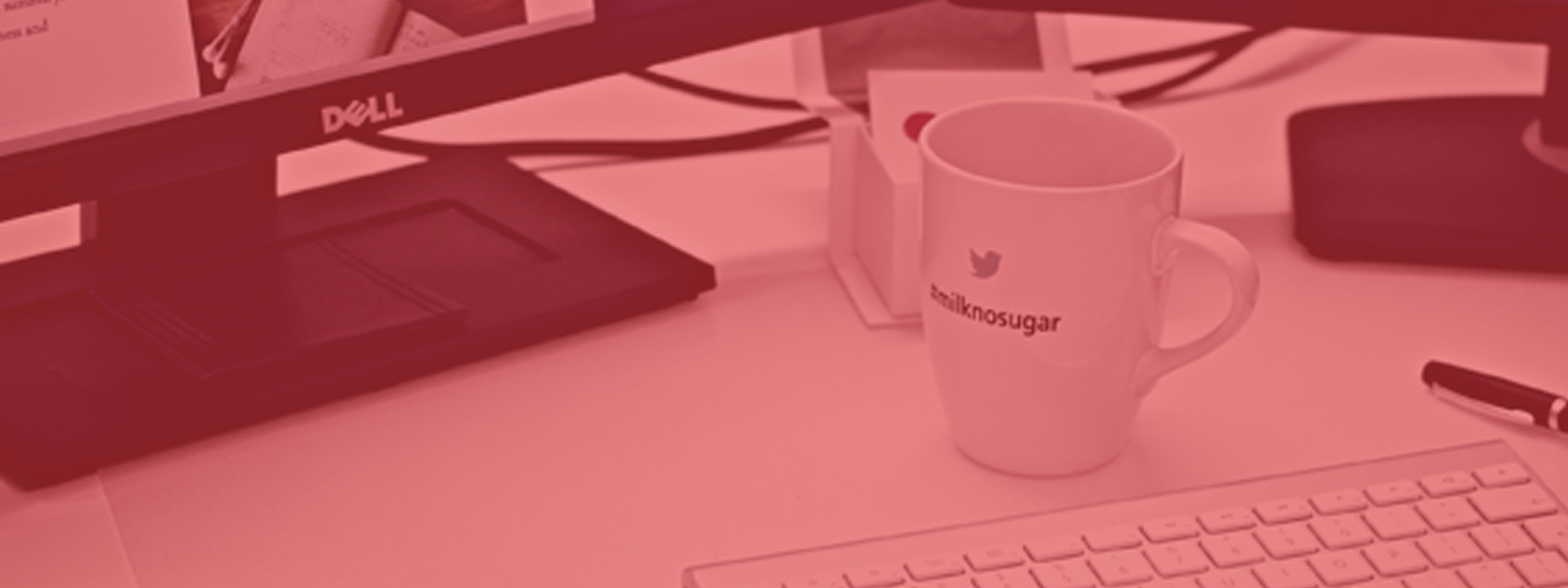E
veryone has big goals – to write the next great novel, launch the hot new app, open a trendy restaurant, or found an innovative startup. We’re all capable of achieving these goals as well, but more often than not, we get sidetracked and procrastinate like our lives depend on it.
What I want to address is a new type of procrastination that I’ve become aware of recently. The obvious type is blatant procrastination, when I play FIFA 15 for hours or binge watch episodes of House of Cards (Season 3 coming soon!). There’s another type of procrastination though. One that feels like productivity when it really isn’t. It’s busy work in disguise. I’d like to introduce you to Fauxductivity.
Fauxductivity is a phenomenon where we feel productive, but really we’re just keeping ourselves busy – like a fancy form of procrastination. These activities are beneficial, but not necessary towards achieving your goals. There are all sorts of activities that fall into this gray area of productivity. Let’s take a look at a few of these, most of which I indulge in more frequently than I’d like to admit.
1. Planning
Making lists, filling out calendars, and essentially planning out things that need to be accomplished. The funny thing is, despite all of the time spent planning, I rarely stick to these intricate plans, routines, or to-do lists. It makes me feel productive because I trick myself into believing I will actually follow through on them. Unfortunately, planning doesn’t translate into execution. What do I have to show for all that planning in the end? Nada. Try not to get too caught up in planning, set smaller goals and build up from there.
2. Information Consumption
I’m a major culprit of this, as I’m constantly reading books, browsing my RSS feeds, watching TED Talks, etc. There’s certainly value in information, especially the type that grows your knowledge, sparks new ideas, or inspires, but let’s not kid ourselves – most of the time we’re following the latest story about our favorite celebrity or taking the latest Buzz Feed survey (on another note, which Disney hairstyle should YOU have?). When it’s not junk content, we typically feel accomplished just by stimulating our minds, but have we furthered our goals? The point is, we can’t get caught up in consuming information and must remember to create it as well. The balance between the two is essential.
3. Organizing/Collecting Content
Technology has made this easier than ever. Organizing music, files, photos, designs, ideas, and everything in between is an everyday practice now. And it takes a TON of time. Organizing can certainly make things easier for you if you then use those resources. Furthermore, organizing something perfectly can be truly rewarding on a nerdy sort of level, but ask yourself, will you be leveraging that system down the line? If not, then don’t waste your time. Having a cache of ideas, projects, quotes, and inspiration can be great, but it’s not real work. I’ve personally found that I collect a lot of stuff (including physical stuff like books), but I rarely look at it after the fact. Even so, it feels like I’m being productive because it is information you believe you’ll act on.
4. Acquiring Tools
Do you ever tell yourself: I want to start working out, but I need this awesome kettle bell, then I’ll have everything I need. Or maybe this: As soon as I get this new laptop then it’ll be way easier to start learning design. Somehow, purchasing has become a form of procrastination, most likely because it’s easier than ever to get what we want (thanks a lot Amazon Prime). Having the best tools and resources can certainly give you an advantage and could enhance your productivity, but it by no means stops you from doing real work. We shouldn’t allow spending money on things related to our goals count as progress. Creation is the real measure of work.
There are many other examples like e-mail, social media, and meetings, but what do they all have in common? For one, I do each and every one of them – but more importantly it is that they all feel like productive activities. Acknowledging that most of these are not equivalent to real work is the first step towards overcoming the perils of fauxductivity.
Just to be clear, I’m not saying these activities don’t have value. Each one is important, can enrich our lives, and help us reach our goals, but they aren’t a replacement for real work. Achieving your goals is writing a few pages of your novel, coding up your new app, or prototyping your new product. It can be easy to fool yourself into thinking you’re making progress, when you’re really just putting things off in a form that is better than TV, games, or drinking.
So how can we catch ourselves from falling into the fauxductivity trap? It’s as easy as asking yourself one question at the end of every day:
What did I accomplish today and did it bring me one step closer to achieving my goals?
If the answer is yes, congratulations. Now do it again tomorrow.


